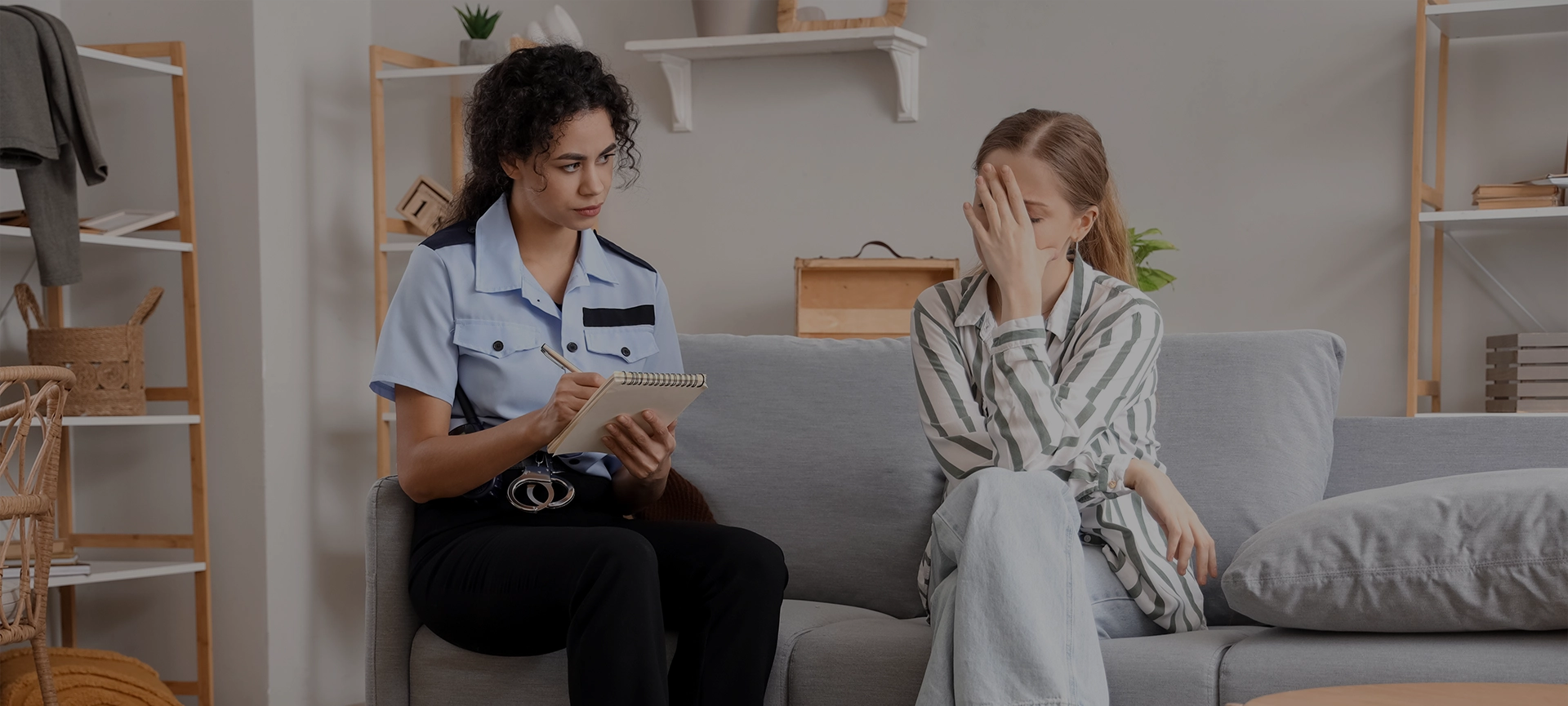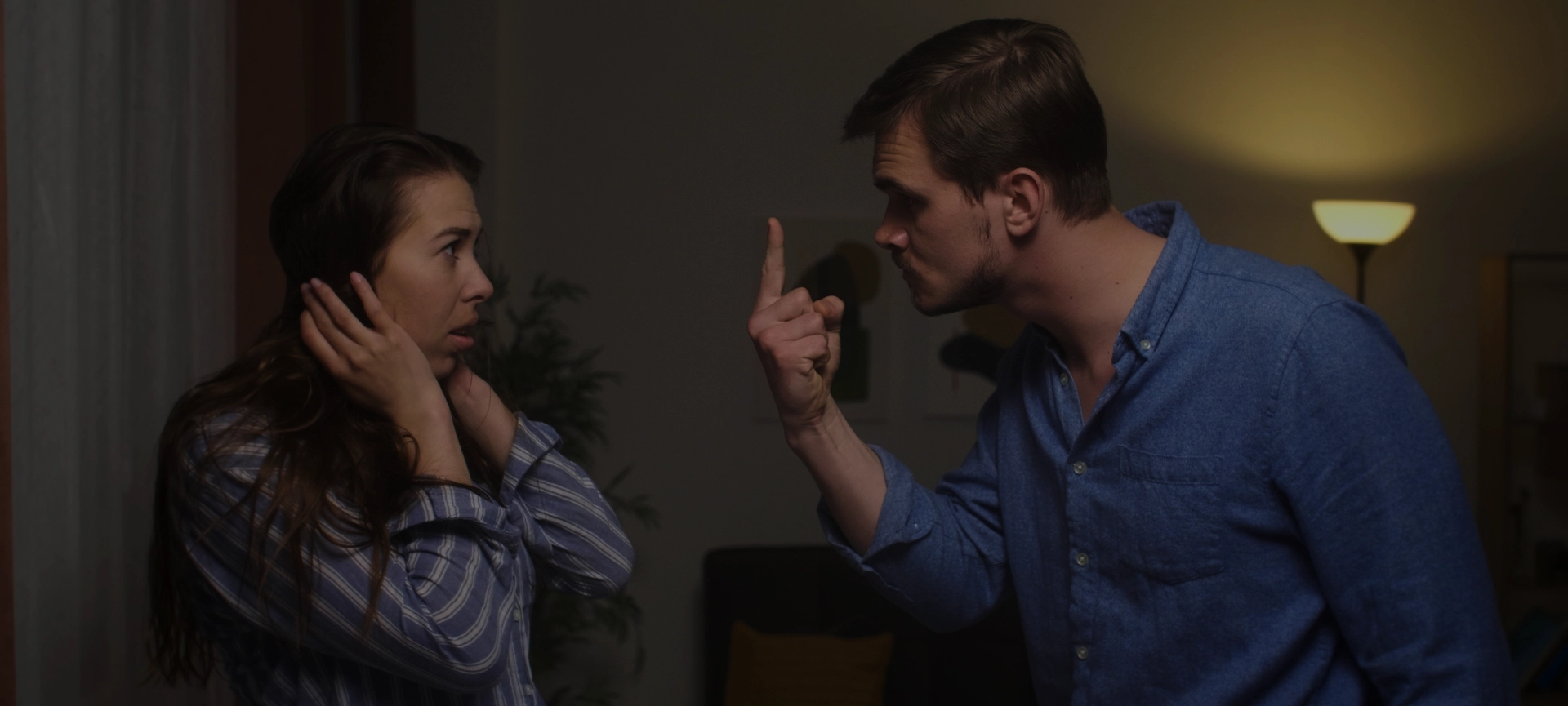The rollout of the Liberals’ Cannabis Act was a grim affair. It seems that never more grudgingly has a government followed through on an election promise.
There was no talk of personal freedom or harm-based principles and little recognition of the lives ruined through criminal prohibition. It was all about the easier-to-sell political narrative of keeping our kids safe.
I mean for god’s sake, Prime Minister Justin Trudeau’s go-to pot guy, former police chief Bill Blair, spoke about kids buying pot from gangsters in stairwells. The only thing this showed was that Blair does not know anything about how to buy weed (hint: most kids hit up their friend’s big brother or their hippie neighbour first).
But after electoral reform, modest deficits and a dozen other broken promises, the Liberals did not have much choice but to legalize marijuana. Breaking their pot promise would have had their credibility go up in smoke.
So, marijuana will soon be legal in Canada and our kids will all be safe again — kind of.
Let’s start with the good news before I harsh your buzz.
If this legislation passes, no longer will it be a criminal offence for adults to possess 30 grams or less of pot in a public place. And we can all grow up to four plants without risking jail time. And even kids who illegally possess a joint or two will not face the life-long stigmatization of criminal justice sanctions.
This is all fantastic and makes perfect sense given that marijuana is a relatively harmless substance. Consenting adults should be able to engage in activities that do not harm others without the fear of criminal prosecution. Even those who light their hair on fire over the potential of reefer madness have come to accept that divergent approaches to regulating alcohol and marijuana is simply unjust.
Ask anyone who regularly sits in Canadian courts — alcohol is the driving force behind so many violent and dangerous offences. Bar fights, domestic assault and acts of dangerous mischief almost always have one thing in common — and it is not pot. Marijuana does not lead to violence, unless, of course, we are talking about the hundreds of deaths caused by gang turf wars and high-risk drug robberies.
The fact is that the war on drugs has been an abject failure: addicts are criminalized, public health suffers, criminal organizations profit, the young and marginalized are stigmatized and our courts grind to a halt under the weight of morality prosecutions.
Legalization is a good thing.
But the Liberal government’s first grudging step toward a rational drug policy risks falling flat.
Under the Liberals’ plan, some marijuana will be legal but not all. An adult who grows four pot plants is growing legal marijuana. But as soon as any one of those plants exceeds 100 centimetres in height, the pot magically transforms into an illegal substance. One centimetre can make the difference between legality and a criminal offence punishable by up to 14 years in jail.
Marijuana purchased from a licenced producer will be perfectly legal. But marijuana of the same quality purchased from a non-government-approved producer could result in a five-year jail term.
Even under the new law, marijuana will still be criminalized — only now the government’s vice squad will need to carry rulers.
But how will the government be able track marijuana to tell the difference between a joint worthy of a bag of Doritos and one worthy of jail time?
Building on the cost effectiveness and success of the long-gun registry, the new cannabis legislation empowers the government to establish a marijuana registry. The registry will track marijuana to ensure that you are smoking government-approved weed.
There are also few details about just whom the government will approve to grow and sell legal marijuana. The legislation does give us some hints; for example, it allows the government to reject anyone with a criminal record for marijuana offences.
There is no mechanism in the legislation to expunge the records of people guilty of an activity that is now legal.
So if people with records for marijuana offences are not approved, who will sell us legal weed? Well, big business is poised to fill the void. It should not escape notice that Anne McLellan — former Liberal minister of Justice and head of the Task Force on Marijuana Legalization and Regulation — is also a senior advisor at Bennett Jones LLP, which has close ties to the burgeoning marijuana industry.
Large corporations — one of which was founded by the CFO of the Liberal Party of Canada — stand to reap the benefits of legal pot.
But this is where details get a bit hazy, because although the cannabis legislation is 150 pages of unnecessary complexity, much of the implementation, regulation and details are being left to the provinces.
And the provinces are free to tighten the rules — increase the age of legality, restrict access and set prices.
In reality, the Liberals kept a third of their promise, downloaded a third to the provinces and ignored the last third.
At the end of the day, marijuana is not totally legal. It is still being treated differently than more harmful substances, there will still be a black market and our kids may still be put in danger by Blair’s imaginary stairwell gangsters.



